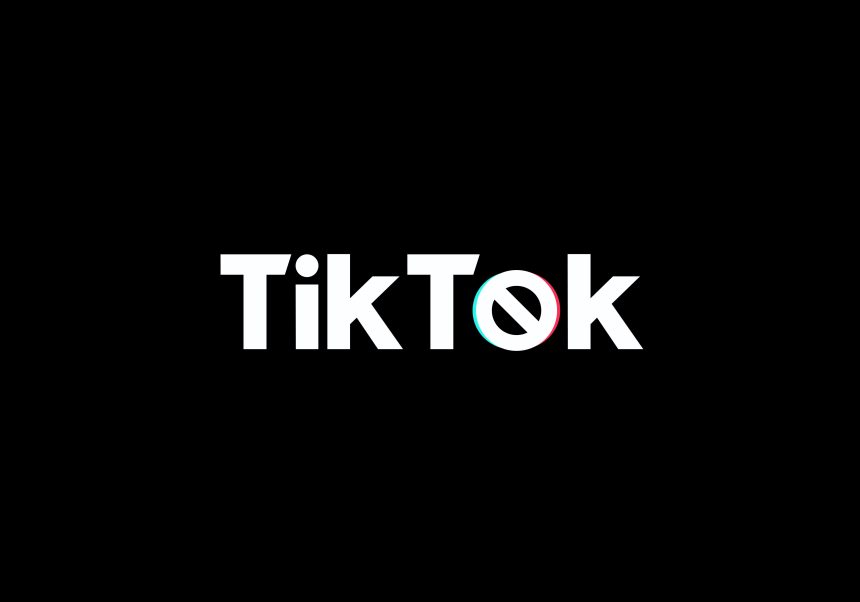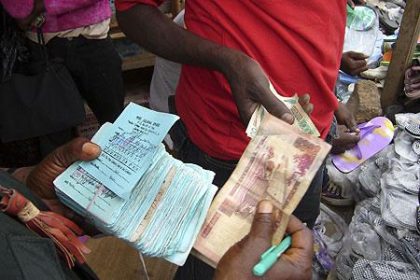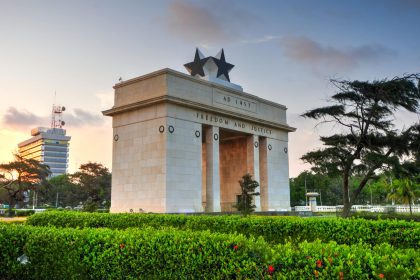TikTok has been a powerful force in the world of social media. The video platform was launched in China as “Douyin” in September 2016. It’s parent company quickly launched an international version the following year after its success in China.
Tiktok is one of the most popular apps in the world with a reported 1.2 billion monthly active users in 2021 and an estimated 1.8 billion in 2022. The app has currently been downloaded over three billion times
TikTok has also seen growth in the African region with the app reportedly having a 31.9% market share in Nigeria and an estimated userbase of 9 million in South Africa in 2020.
But the app has had its share of controversy due in part to reports of its ties to the Chinese government.
In 2017, India banned TikTok, preventing millions of users in the country from accessing the platform over concerns that these TikTok was one of several apps by Chinese firms engaging in activities that threatened “national security and defence of India.”
Recently, in the US, 19 of the 50 states now restrict access to TikTok on government computers. Some school districts are considering introducing their own restrictions as well.
ByteDance, the company which owns TikTok, is caught in between an ongoing trade war with China and the US as politicians from the Republicans and Democrats side both have a distrust of China.
A senior Republican official on the Federal Communications Commission (FCC) said he is worried that China could use sensitive and non-public data gleaned from TikTok for “blackmail, espionage, foreign influence campaigns and surveillance.”
With all these security issues, should African governments consider a ban on TikTok especially in the workplace of government officials?
A Security Risk Or Harmless Social Media App?
China has faced a lot of security in the past years with several reports detailing some “shady” behaviors.
In 2019, there was a report that China had been using Huawei cameras to spy on officials at the Africa Union (AU) Headquarters. AU technicians had discovered that the building’s Huawei-provided servers were exporting their data to Shanghai, and that the walls which has been built by a Chinese firm, were peppered with listening devices.
But can security issues linked to the Chinese government be extended to a social media app which focuses on videos?
When it comes to TikTok, Bytedance (TikTok’s parent company) have been explicit in stating that their app cannot be used for surveillance.
However, in December 2022, it was reported that there was evidence that TikTok had been used to spy on journalists at Forbes when it tracked multiple journalists by improperly gaining access to their IP addresses and user data in an attempt to identify whether they had been in the same locales as ByteDance employees.
TikTok’s Ties To China
In the US, Bytedance has stated that its services are in a US location and Singapore, and its data does not go back to China.
But a recent report by a US-Australian cybersecurity firm, Internet 2.0, stated that data collection on the app was “overly intrusive” and flagged a connection in the app to a server in mainland China, run by Guizhou BaishanCloud Technology Co Ltd.
The report said the data that TikTok can access on your phone includes device location, calendar, contacts and other running applications (The Guardian)
TikTok has defended itself and states that its data practices are in line with standards and practices.
“TikTok is an independent platform, with its own leadership team, including a CEO based in Singapore, a COO based in the US and a Global Head of Trust & Safety based in Ireland,” the company said in a statement.
Should African Governments Be Concerned?
Cybersecurity remains a big thing with most African countries exposed to security risks including ransomware attacks.
Currently only 12 nations in Africa (Ghana included) have both a national cybersecurity strategy and national incident response capabilities. Ghana is also one of only four to have ratified both the Budapest and Malabo Conventions, two major treaties aimed at addressing the international dimensions of cyber-related threats.
Other Africa countries are lagging behind. Only 17 of Africa’s 54 countries have completed a national cybersecurity strategy.
Currently the median age of African countries is about 18 years. As internet penetration grows and people access get more access to smart devices, the security risks increase.
As TikTok grows, we will see more African youth having accessing the platform and If TikTok is a security risk, there could be big implications.
Right now, we’re playing close attention to what the US government does when it comes to TikTok. If they decide to ban the app entirely, this could cause a ripple effect where other governments in the world will take a hard look at the app as well when it comes to matters of national security.
For now, African users can still watch videos on TikTok and become influencers. But they might need to consider the security implications down the road.










